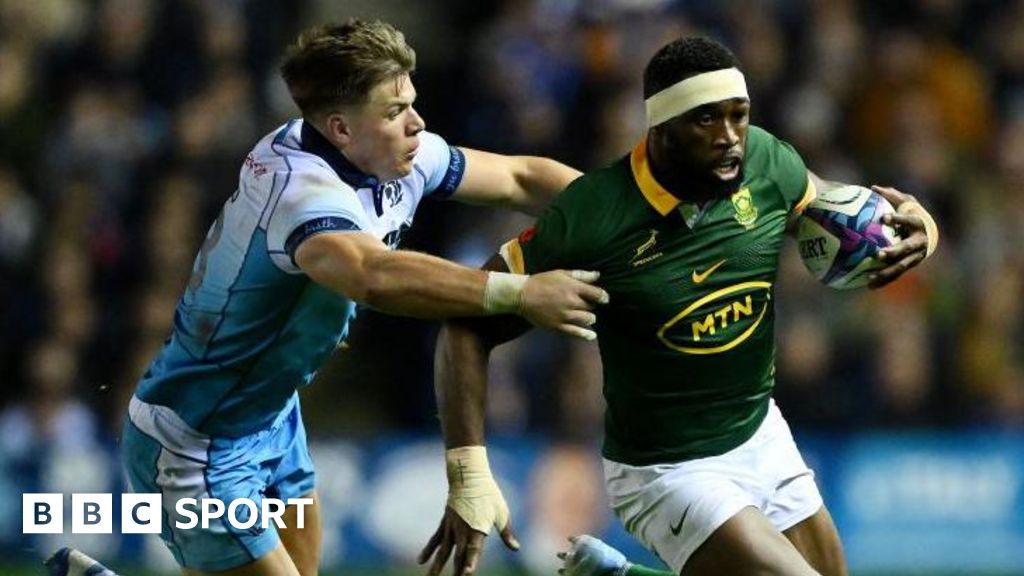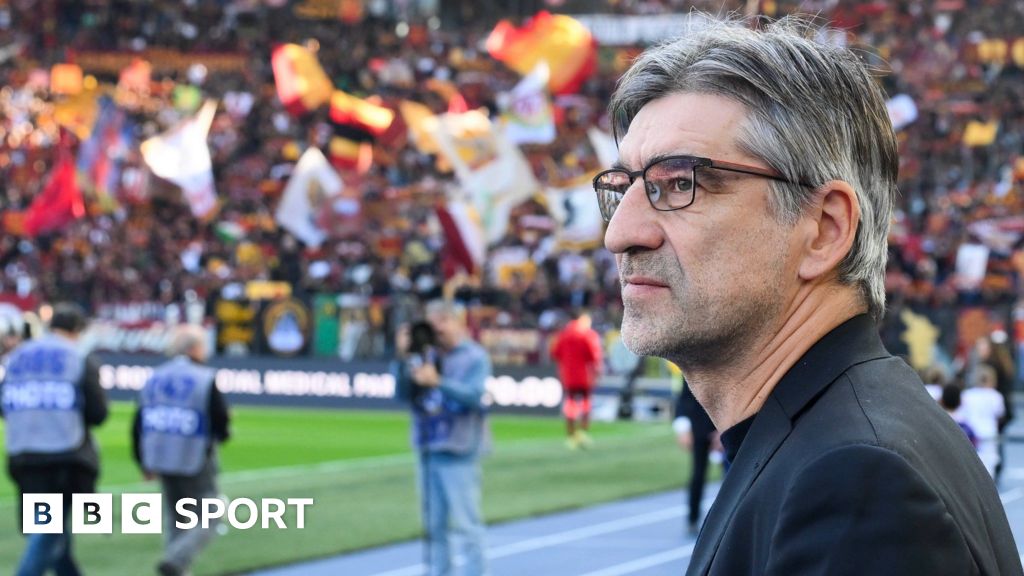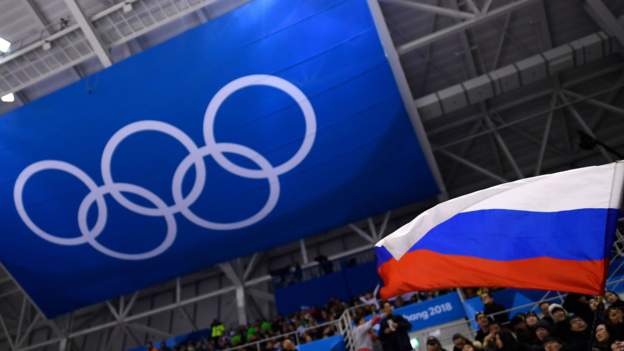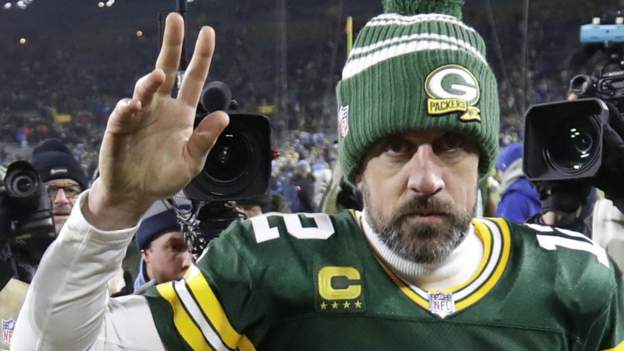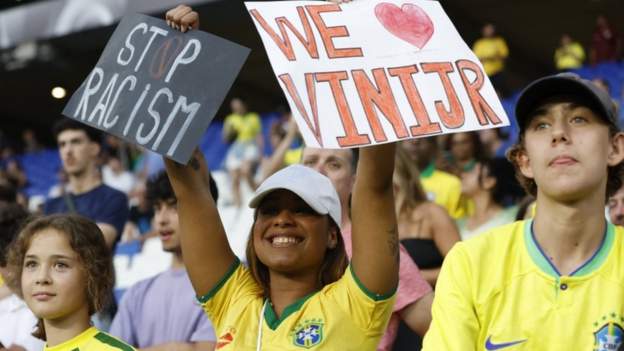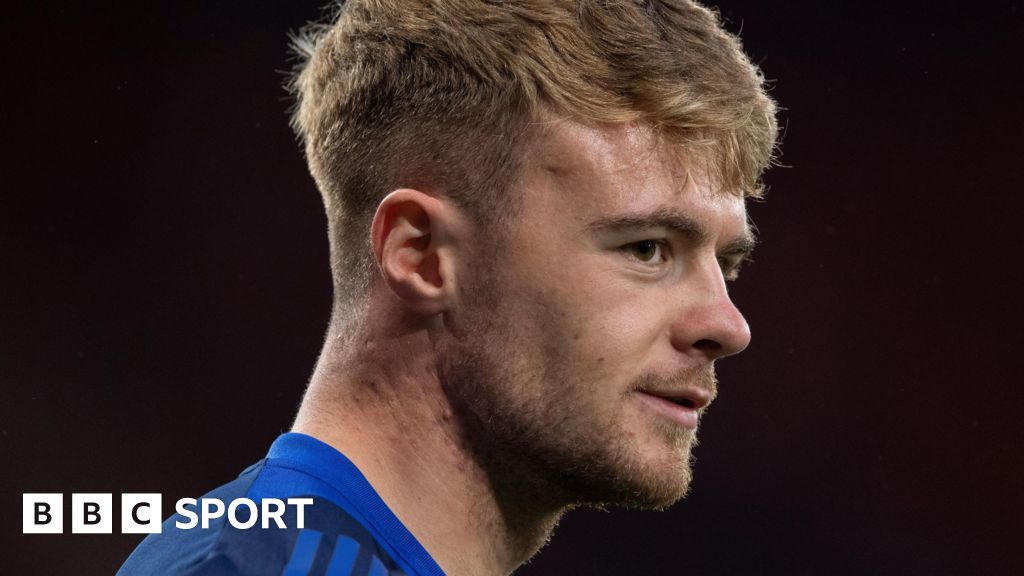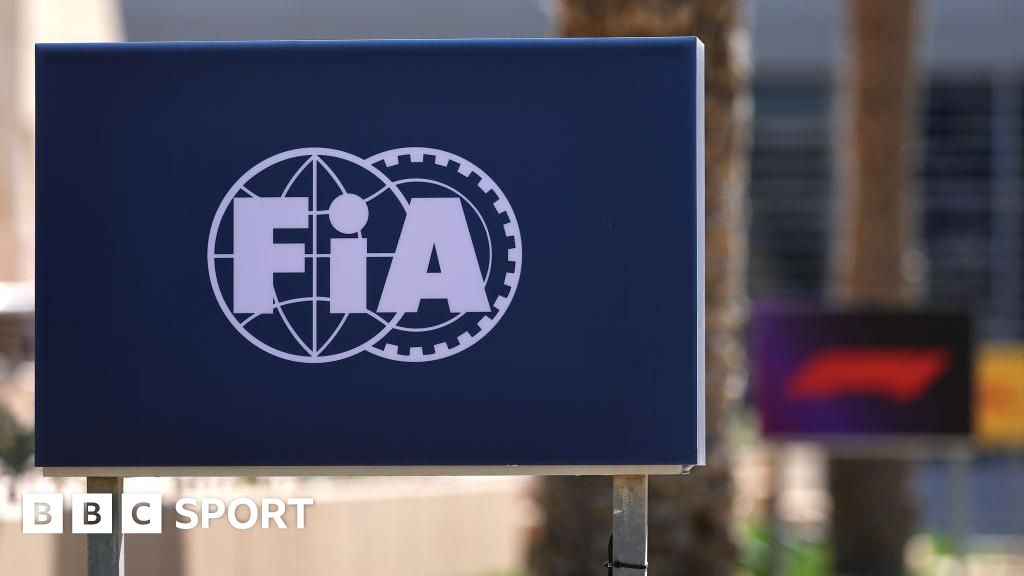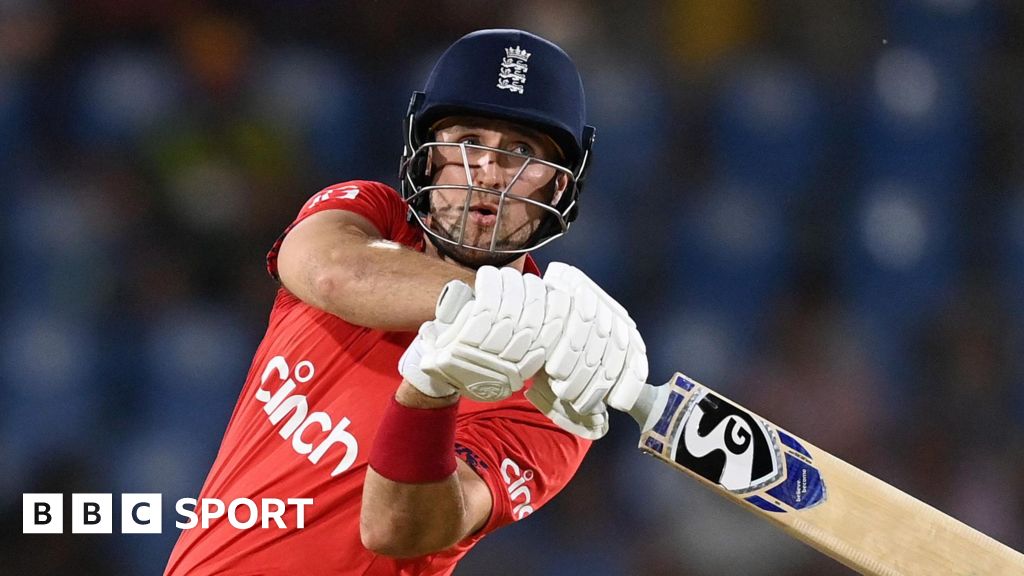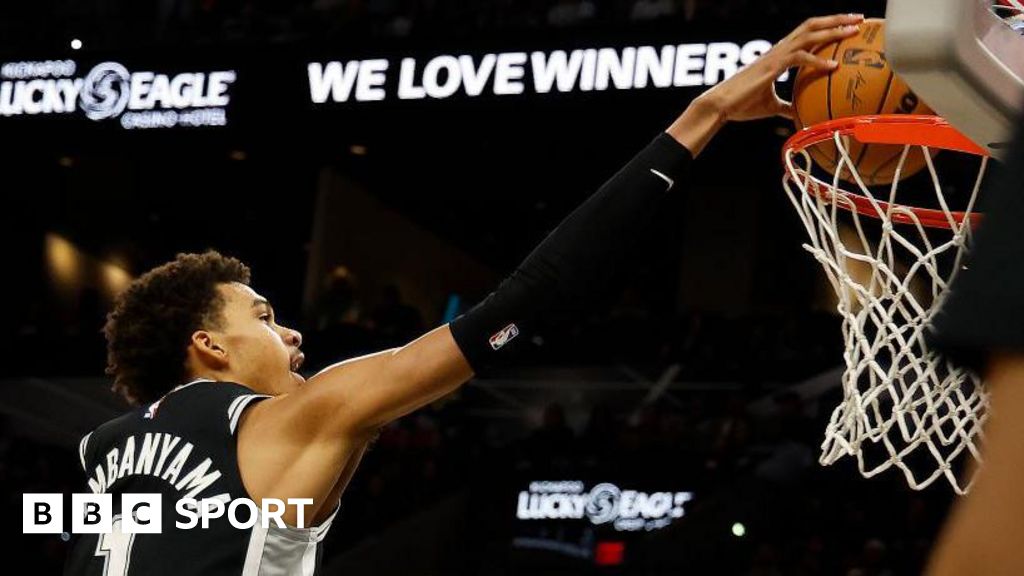Russian and Belarusian athletes who receive state funding must remain excluded from international sport, says UK culture secretary Lucy Frazer.
Last month, the International Olympic Committee recommended that Russian and Belarusian athletes are allowed to compete under a neutral flag.
However, the IOC has yet to make a decision on the 2024 Paris Olympics.
Frazer said athletes who receive Russian or Belarusian state funding cannot be considered neutral.
Speaking as part of a Council of Europe hearing on Russian participation in international sport, Frazer called for clarity from the IOC on “far too many unanswered questions”.
“There is no reference anywhere in the recommendations to state funding, which I have said is a breach of neutrality,” Frazer said.
Frazer also urged that athletes and support personnel who actively support the war in Ukraine, or those who are contracted to the Russian or Belarusian military or security agencies, must remain barred.
Following the start of Russia’s invasion of Ukraine in February 2022, Manchester United terminated their sponsorship deal with Russia’s national airline Aeroflot, while Everton also suspended sponsorship arrangements with companies part-owned by Russian billionaire Alisher Usmanov.
The IOC’s recommendations and its delay in making a decision on whether Russian and Belarusian athletes can compete at Paris next summer mean that, in some sports at least, athletes from those countries will be able to enter Olympic qualification events.
Earlier this month, Ukrainian government minister Oleh Nemchinov said Ukrainian athletes should not be allowed to compete in qualifying events for the 2024 Paris Olympics if Russians are taking part.
A host of international athletes have criticised IOC president Thomas Bach’s claim that Russians and Belarusians competing as neutrals in their sport “works”.
Great Britain announced this month it would boycott the men’s World Boxing Championships over concerns about Russian and Belarusian participation, following the decision to miss the women’s championships in February.
Frazer added that the IOC needs to ensure loopholes could not be exploited, such as contracts with the military or security agencies being paused for long enough to enable athletes to compete.
“The IOC must clarify their position or go back to the drawing board. Resolve the issues I have set out today,” she said.
“Implement an approach that guarantees only truly neutral athletes can participate.”
Gaby Ahrens, chair of the athletes’ commission of the Association of National Olympic Committees of Africa, appeared on behalf of the IOC.
“If the Olympic Games become a platform only for athletes coming from like-minded countries or whose governments are at peace, it would not be a true reflection of the world,” she said.
“If governments took over the decisions regarding which athletes can partake in which competition, it would mean the end of world sport as we know today.”
At Wimbledon this summer, self-funded tennis players from Russia and Belarus will be able to take part provided they sign declarations of neutrality and do not express support for the war.








